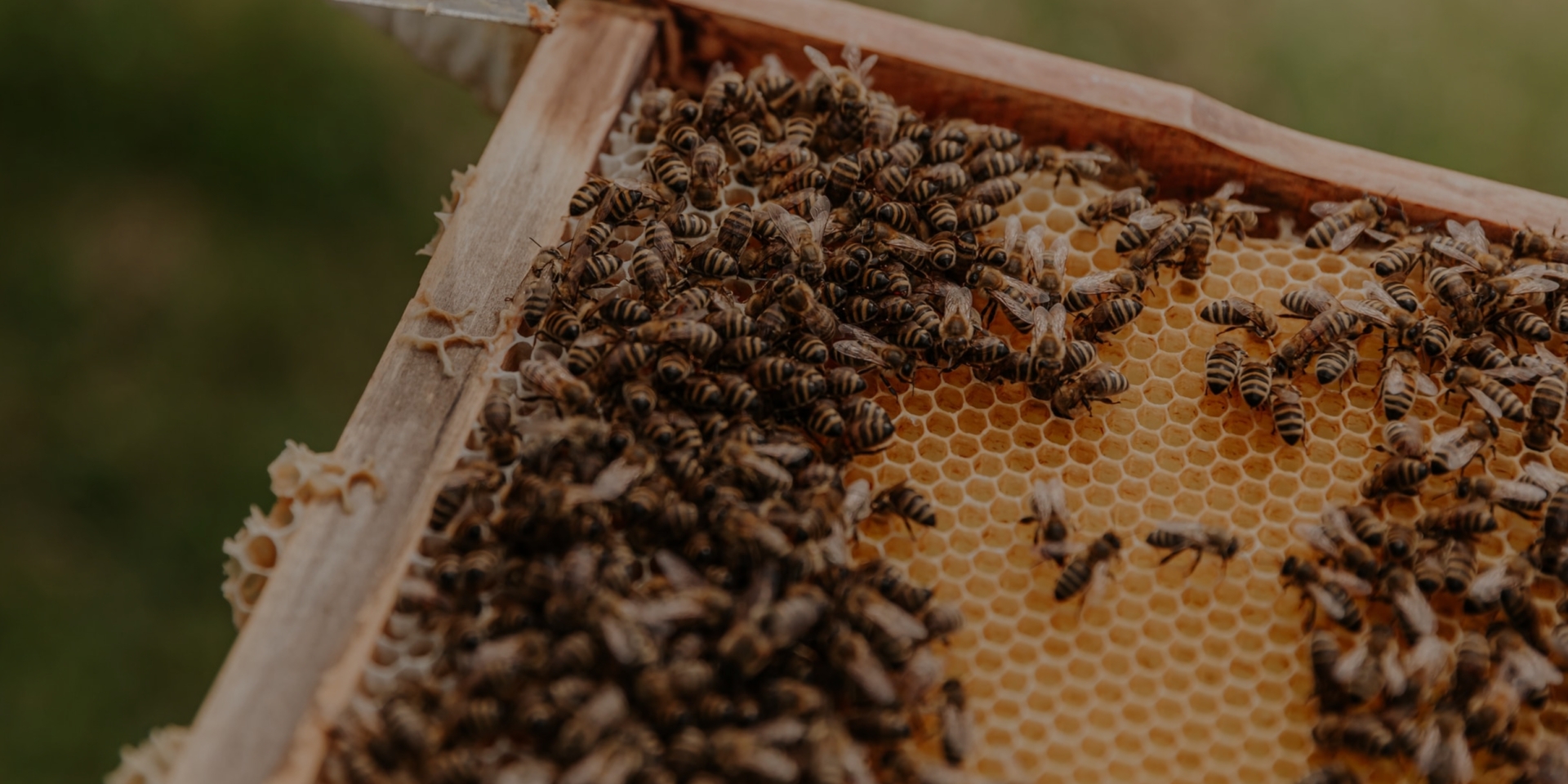
Resources
Get involved
The Coalition aims to provide the best available tools and resources for improving honey bee health. We coordinate across sectors to develop practical and effective materials for a variety of audiences.
Beekeeping
Operating along the front lines of honey bee health, beekeepers and other bee health stakeholders can arm themselves with knowledge and tools to better protect their hives. The Honey Bee Health Coalition engages these stakeholders and provides the critically important tools to spread best management practices and ultimately improving honey bee health.
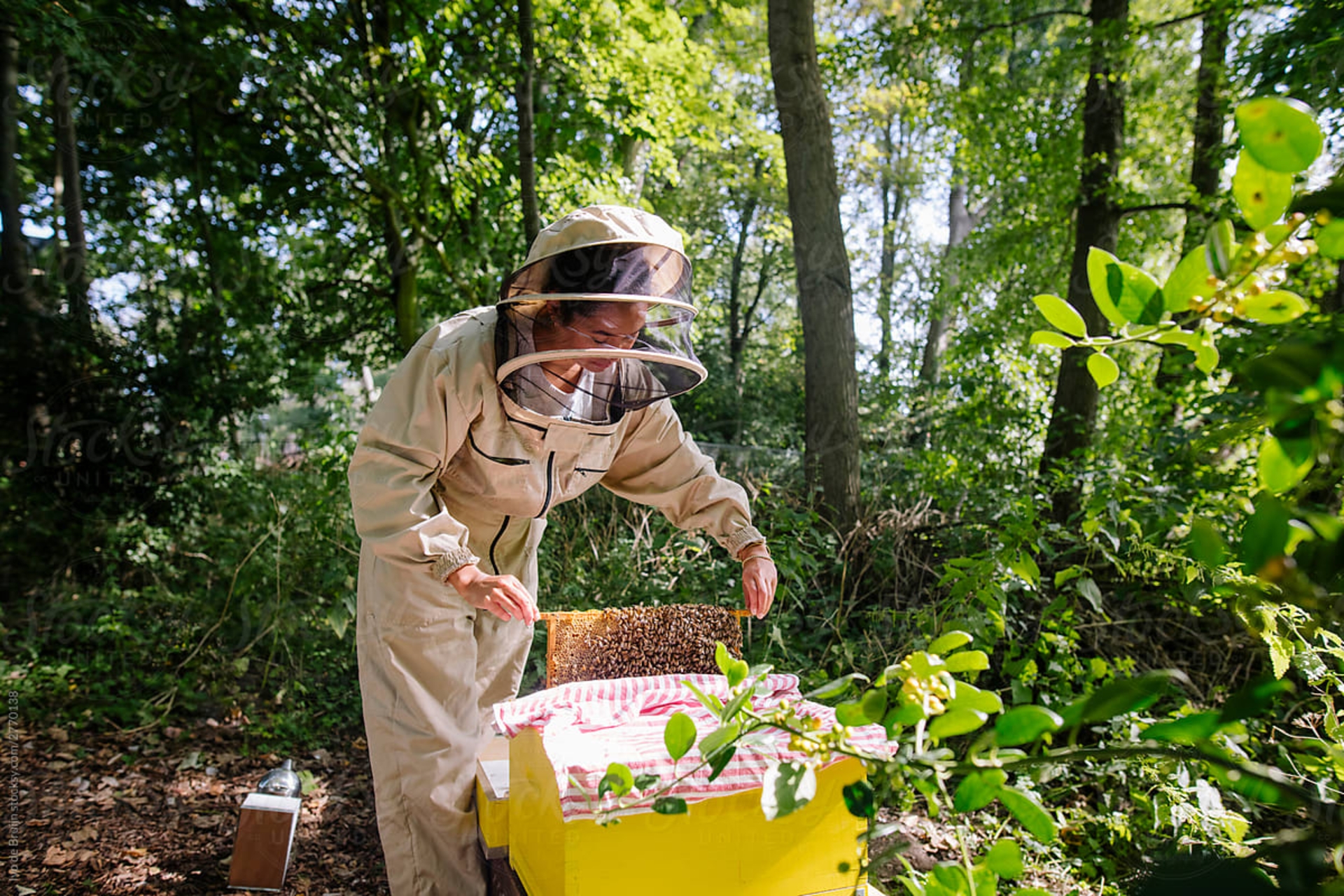
Resources
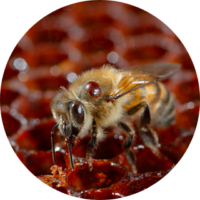
01. Varroa Guide
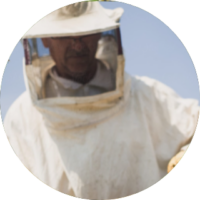
02. Hive Management
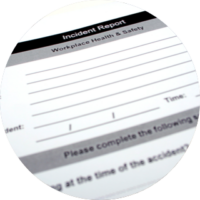
03. Incident Reporting Guide
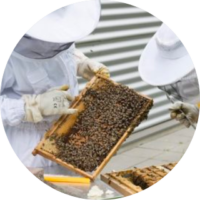
04. Beekeeper’s Role
Farming
Adopting bee-friendly farming practices benefits both growers and beekeepers. But as farming practices have changed, ideal bee landscapes have become more difficult to find. The Honey Bee Healh Coalition provides the tools and resources for growers to ensure pollinators have nutritional resources necessary to support bee health.
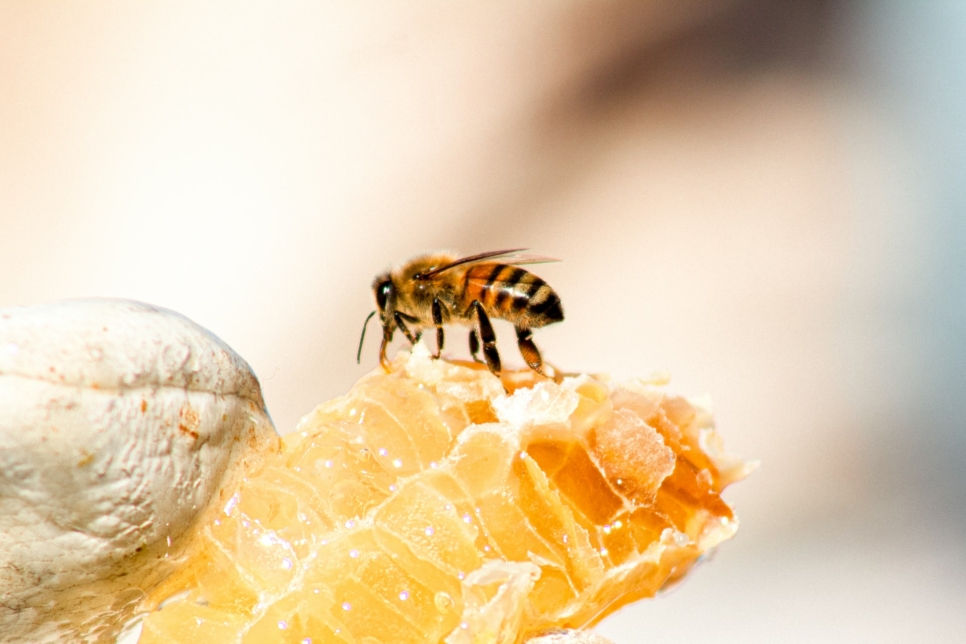
Resources
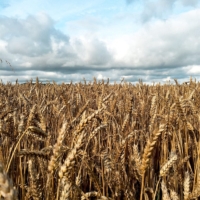
01. Crop Best Practices: Canola, Corn, Soybean
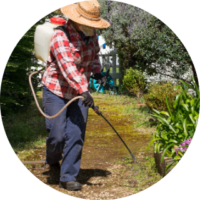
02. Crop Consultant, Advisor, Applicator Training
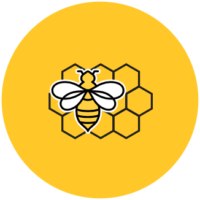
03. Grower’s Role
For Everyone
Multiple factors affect bee health, including pests and diseases, poor nutrition, and pesticide exposure. Addressing any one factor by itself is good — but working together to address all of these factors is even better. We all play a role in supporting bee health.
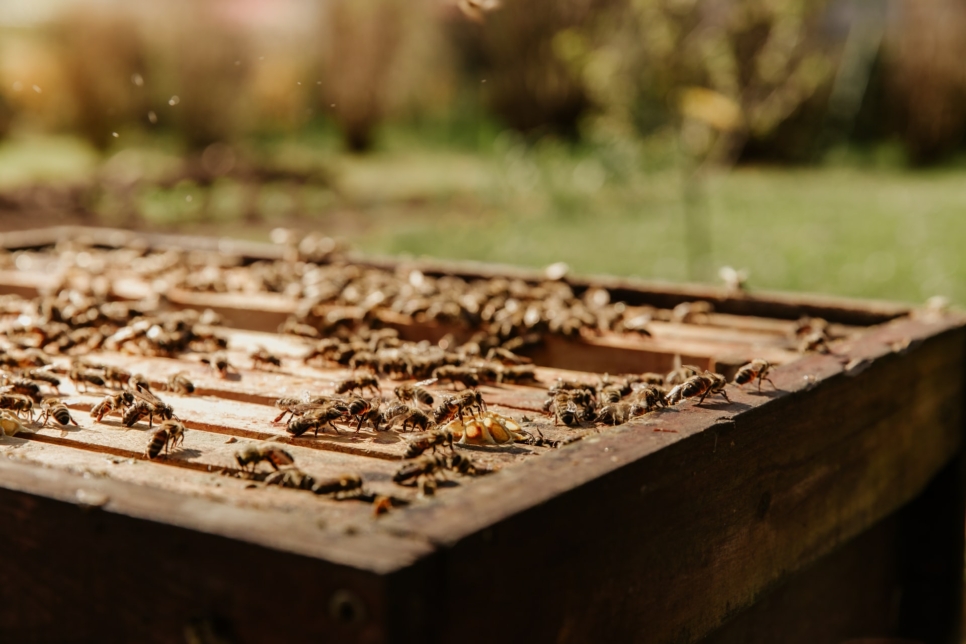
Resources
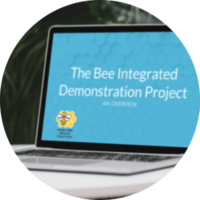
01. Bee Integrated Demonstration Project
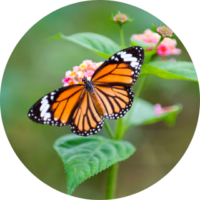
02. Plant Habitat: Farmers for Monarchs
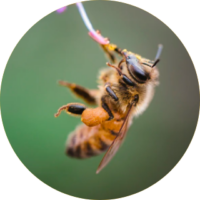
03. Support the Coalition: Donate
